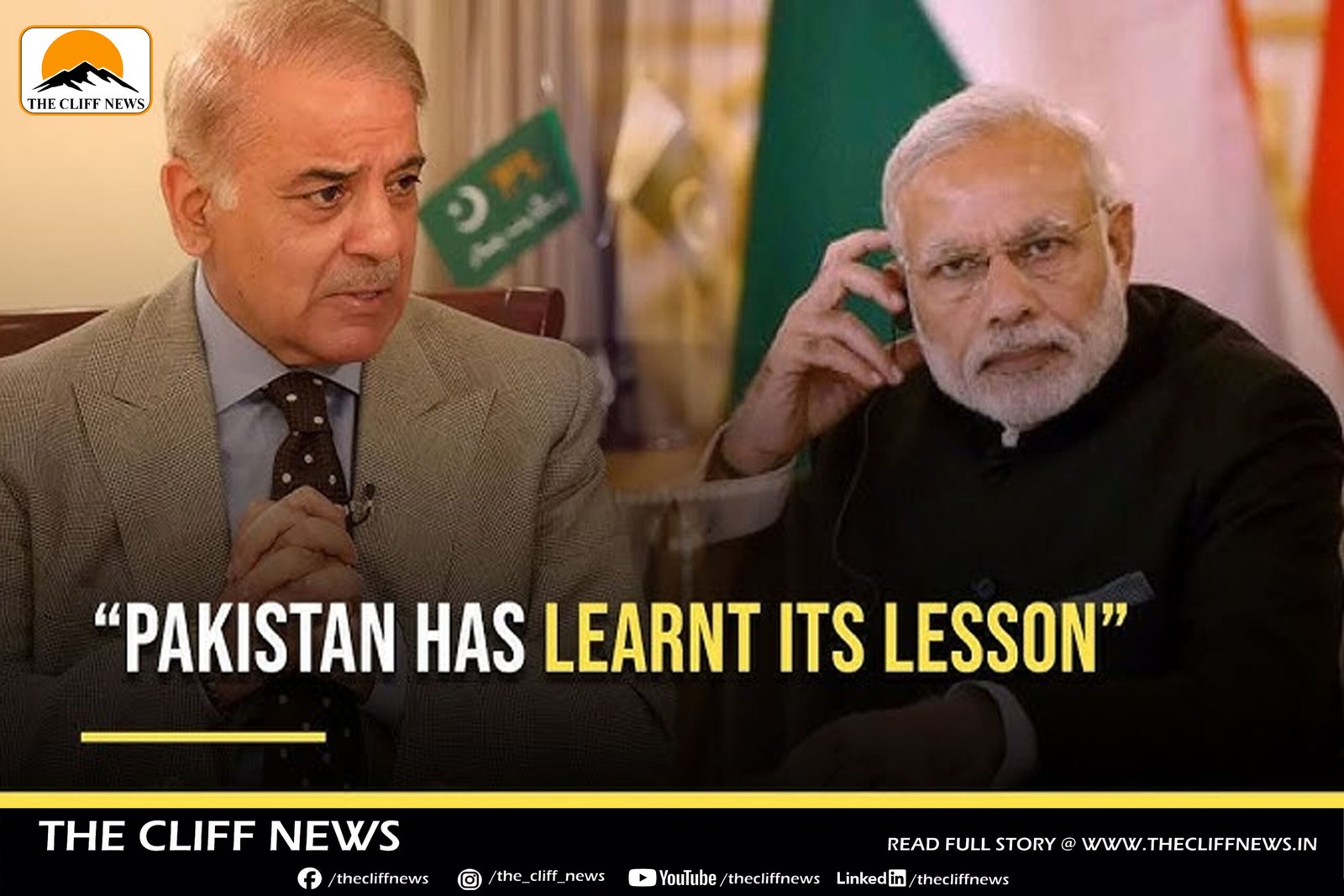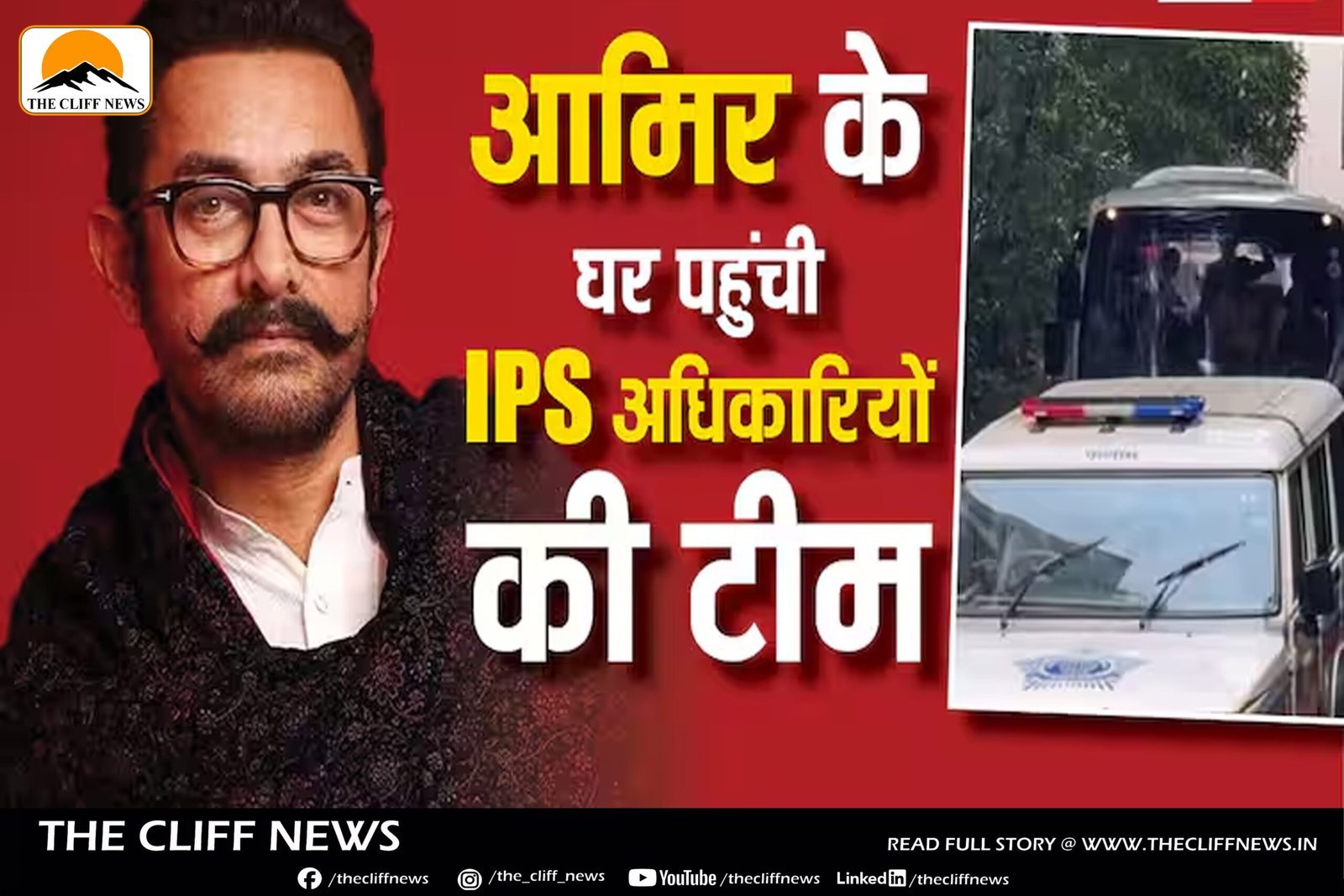Pakistan’s Prime Minister Shehbaz Sharif on Thursday expressed readiness to hold talks with India “for peace,” despite heightened tensions following a recent bout of military confrontation between the two nuclear-armed neighbours. Speaking during a visit to the Kamra air base in Punjab province, Sharif was accompanied by top leaders and defence officials, including Deputy Prime Minister Ishaq Dar, Defence Minister Khawaja Asif, Army Chief Gen Asim Munir, and Air Chief Marshal Zaheer Ahmed Baber Sidhu. During the visit, he met with soldiers involved in the recent conflict with India and reiterated that any conditions for peace must include resolution of the long-standing Kashmir dispute.
Sharif’s comments reflect Pakistan’s continued insistence on bringing the Kashmir issue to the forefront of any peace dialogue. India, however, maintains that Jammu and Kashmir, as well as Ladakh, are integral parts of the country. India has repeatedly rejected third-party involvement or discussion on its internal matters, including Kashmir.
Responding firmly to the developments, India’s External Affairs Minister S. Jaishankar stated on the same day that the only pending issue concerning Kashmir is the return of Pakistan-occupied Kashmir (PoK). Speaking at the inauguration of the Honduras Embassy, Jaishankar emphasized that India’s stance remains unambiguous and consistent—talks with Pakistan will focus solely on cross-border terrorism and related security concerns.
“The prime minister made it very clear that talks with Pakistan will be only on terror,” Jaishankar asserted. He further demanded the extradition of terrorists involved in attacks against India and the dismantling of terror infrastructure operating from within Pakistan. “They know what to do,” he added, indicating that any dialogue would be contingent upon concrete action by Islamabad.
The latest confrontation, which prompted Sharif’s statement, began after the Pahalgam terror attack in Jammu and Kashmir that claimed 26 lives. In response, India launched Operation Sindoor on the night of May 6-7, targeting nine terror hubs in Pakistan and Pakistan-occupied Kashmir, reportedly killing over 100 terrorists. Pakistan retaliated with missile and drone strikes on May 8, 9, and 10, which were met with decisive counterattacks by the Indian armed forces on military sites across Pakistan, including Rafiqui, Murid, Chaklala, Rahim Yar Khan, Sukkur, and Chunian.
Despite the conflict and entrenched positions, Sharif’s latest outreach suggests a desire to return to dialogue—though whether substantive progress can be made remains dependent on bridging deep and long-standing trust deficits between the two neighbours.



